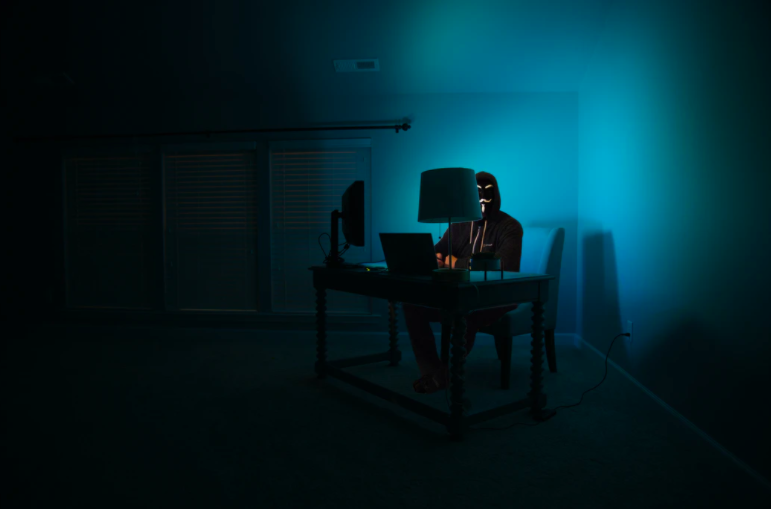With an abundance of time at home, newfound unemployment, and a volatile economy, cybercrime is at an all-time high. Not to mention – more information has been forced to go online than ever before, leaving citizens vulnerable to cybercriminals, who take advantage of events that heighten fear and anxiety.
This all means that individuals and business leaders should be on alert. It’s become serious enough for the U.S. Secret Service to issue guidance surrounding coronavirus-related phishing scams.
“Cybercriminals are exploiting the coronavirus through the wide distribution of mass emails posing as legitimate medical and or health organizations. In one particular instance, victims have received an email purporting to be from a medical/health organization that included attachments supposedly containing pertinent information regarding the coronavirus. This led to either unsuspecting victims opening the attachment, causing malware to infect their system, or prompting the victim to enter their email login credentials to access the information resulting in harvested login credentials.”
The guidance also notes that a rise in remote work increases the risk of cyberattacks, due to increased reliance on email and internet communications. Phishing emails are an easy method of attack, even during normal times, but navigating this new world of working from home and online communications means that we all need to be hyper-vigilant.
If you have a company, advise your team members of cybersecurity best practices. Here are a few that we suggest…
- Don’t click on links embedded in emails from unknown sources, and avoid opening or downloading suspicious attachments.
- Don’t enter your credentials anywhere other than the login pages that you use.
- Before completing important transactions (such as wiring funds), be sure to verify with a leader in your company by phone call.
- Ensure that you and your employees aren’t using unsecured networks to work on sensitive or potentially vulnerable projects. Working from a coffee shop is great –– until it causes a major security breach.
- Keep your antivirus software and security applications up to date. Consider implementing safety measures like two-step authentication or a password management system.
- Consider purchasing cyber liability insurance. This protects you from compromising your biggest assets (such as client data) and staying in business, even when disaster strikes.
- Integrate security protocols into your company culture. Cybersecurity training is an ongoing process, so keep the conversation open and honest with your team.
- Create an incident response plan, practice it, and keep it updated. In the same way that you have a fire drill, it’s important to have a plan of action in case of cybercrime. Make sure that you and all of your employees know exactly what to do in the event of a breach.
We certainly don’t mean to incite panic. We hope that you make yourself aware of these potential dangers and make appropriate preparedness plans for the current challenges that businesses everywhere are facing.
Now is a time to be safe, smart, and secure. There’s certainly enough to worry about right now, so let this be one less thing to worry about.
Are you fearful that some of your accounts may have already been hacked? Give us a call. We offer forensic accounting services to bring you clarity and peace of mind to a variety of financial situations. Our financial experts can analyze your records to identify fraud and determine the extent of losses that occurred. Then, we can help you build a financial plan to get your books back on track.
In any event – we’re here to help. Give us a call or shoot us a text at (865) 691-8509, and we can start a conversation about your current needs.


